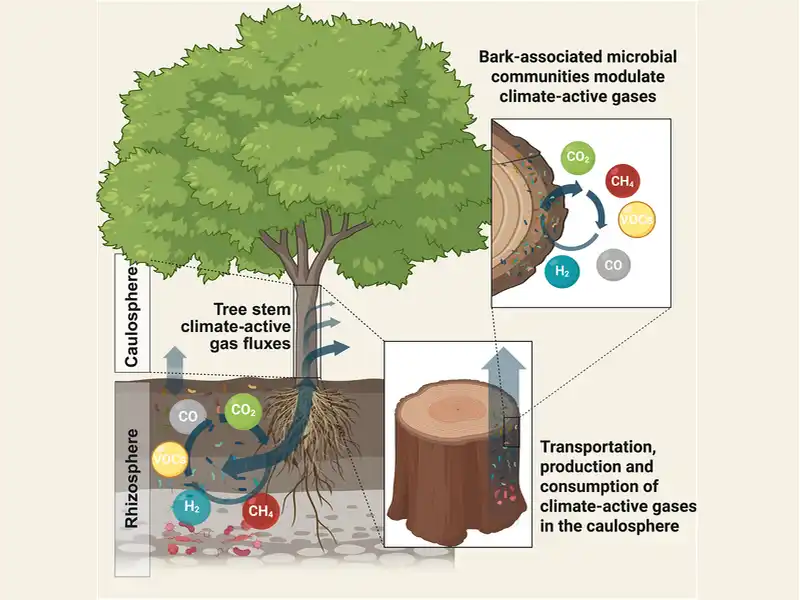I’m excited to share a groundbreaking development for our industry. This morning, Hort Innovation announced the launch of a $60M Hort Innovation Venture Capital Fund – the first of its kind in Australian horticulture.
Being delivered in partnership with Artesian Venture Partners, this non-levy initiative will see Hort Innovation invest in startups locally and globally, to accelerate the development of technologies like automation, robotics, smart irrigation, and advanced breeding techniques.
The Venture Fund will target 20-30 early-stage businesses over the next five years, ensuring that innovation reaches growers as quickly as possible. It’s about giving industry the tools to meet challenges head-on and seize new opportunities in an evolving market.
Growers have played a key role in the creation of the new fund, with the aim to deliver solutions that make industry more sustainable, cost-effective, and future-ready.
With more than $500 million to be investment over the next decade, Frontiers is set to drive long-term transformation in Australian horticulture.
All innovations being delivered through Frontiers must consider at least one of the following themes:
- Healthy living: There was an eight per cent decline in Australian fruit and vegetable consumption to June 2023, compared to the year before. This theme has a focus on giving consumers what they want and increasing consumption. Examples of projects include tapping into the nutritional benefits of often cast aside produce offcuts, nutrient dense products and enhanced produce quality and shelf life. With a growing body of evidence demonstrating that greenspaces are vital for environmental, social and economic well-being, this theme also seeks investments looking to enhance and increase access to greenspaces in Australia.
- Adaptation and resilience: With increasing severe weather events and a desire from Australian growers to look after their land for generations to come, sustainability is at the fore. Examples of innovations could include new methods to reduce farm inputs such as water, methods to monitor and report on carbon, products to minimise farm waste and viable options to reduce chemical use.
- Market growth: As a whole, the Australian horticulture industry has experienced a 46 per cent increase in value over the past five years. Rising production in growth industries is also leading to a need to continue to expand markets. Examples of innovations this fund could produce include efficiencies in the pest and disease research required to support market access applications or the design of products that appeal to specific target markets.
- Disruptive technologies: New, more efficient ways of growing are critical to address labour challenges and drive sustainable growth for industry across the supply chain. Examples of outputs include the use of artificial intelligence to predict what to do and when to do it, new automation options, or the use of satellite technology to guide decision-making.
- Capability building: For every 100 jobs in horticulture, 21 more jobs are created in sectors such as retail and transportation. Ensuring the sustainability of the workforce and attracting fresh talent to support the industry’s health is critical. Examples of investments may include opportunities to upskill existing industry participants and expand local career opportunities, particularly in the science and technology arenas.
I encourage you to learn more about this initiative and our Frontiers program at www.frontiers.au.
This is an exciting time for all of us, and I look forward to seeing the positive impacts this fund will bring to growers, consumers, and the broader industry.
Warm regards,
Brett Fifield
CEO, Hort Innovation





